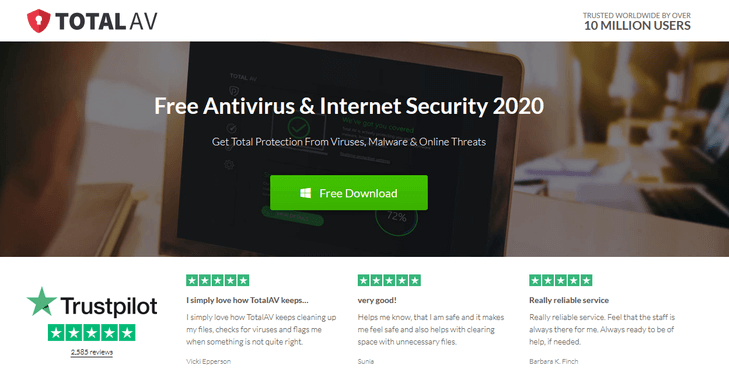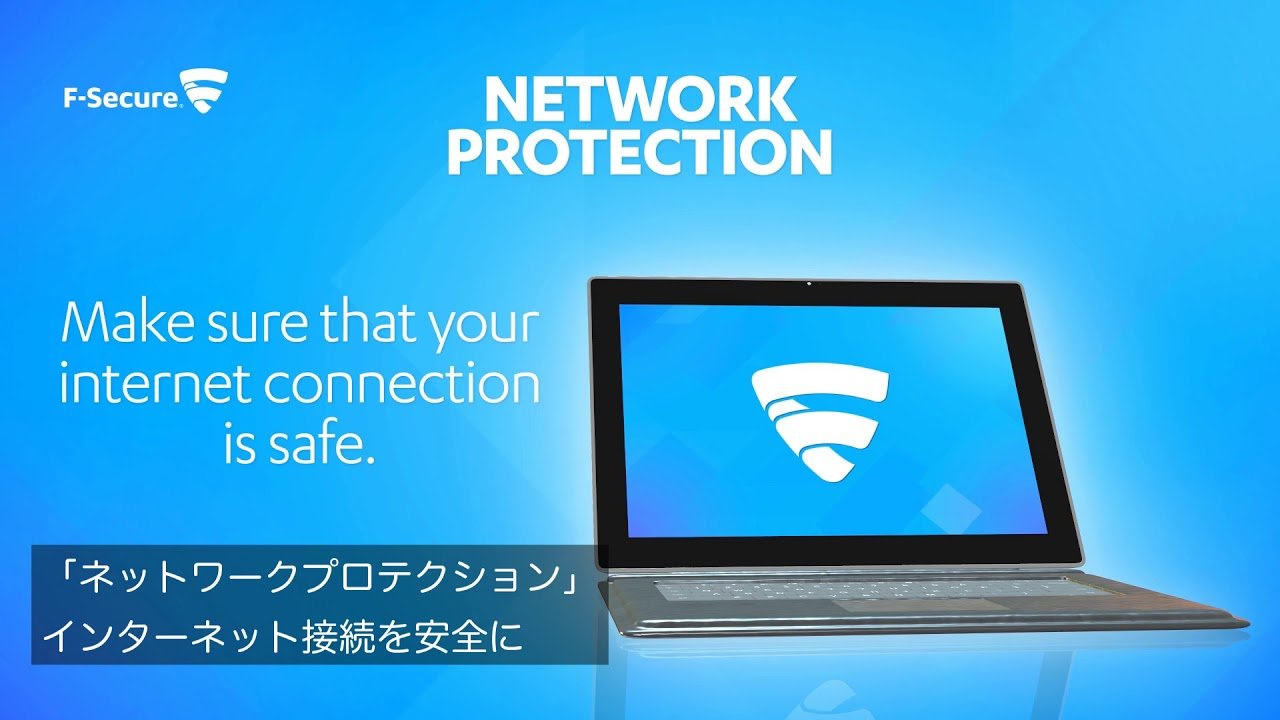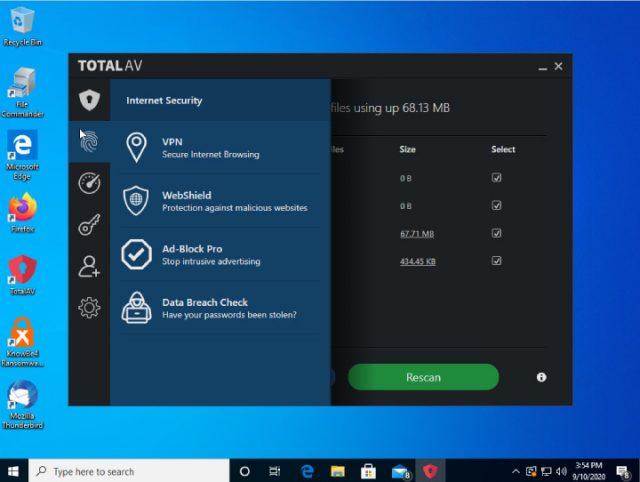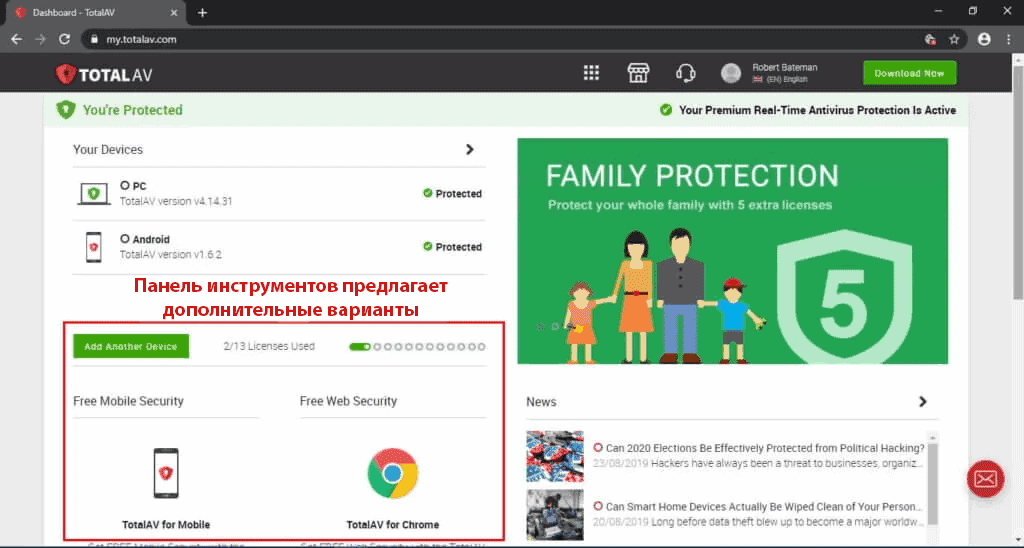
Monetary loss (unnecessary purchase of fake software), unwanted warning pop-ups, slow computer performance.
TOTALAV REVIEWS 2020 SOFTWARE
Asks for payment to eliminate the supposedly found errors.ĭeceptive pop-up ads, free software installers (bundling), fake Flash Player installers. A new application is performing computer scans and displays warning messages about 'found issues'.
TOTALAV REVIEWS 2020 FULL
Threat prevention, detection and removal.Įmsisoft (Gen:Variant.Razy.720981 (B)), BitDefender (Gen:Variant.Razy.720981), ESET-NOD32 (A Variant Of MSIL/), Arcabit (0055), Full List Of Detections ( VirusTotal).Ī program that you do not recall installing suddenly appeared on your computer. Threat Summary: Nameįake antivirus, PUP (potentially unwanted program), PUA (potentially unwanted application). To ensure device integrity and user safety, all suspect applications and browser extensions/plug-ins must be eliminated immediately upon detection. In summary, the presence of these unwanted apps on devices can result in system infections, financial loss, serious privacy issues and even identity theft. The collected data is likely to contain personally identifiable information, which PUA developers often share/sell to third parties (potentially, cyber criminals). Information of interest includes visited URLs, viewed pages, searched queries, IP (Internet Protocol) addresses, geolocations and other details. Furthermore, most PUAs monitor users' browsing activity. Rogue search engines are seldom capable of providing unique results, and so they redirect to Google, Bing, Yahoo and other genuine sites. With this kind of software installed, each new browser tab/window opened and search made via the URL bar redirects to the promoted address. Other PUAs called browser hijackers modify browser settings in order to promote fake search engines. Some can even stealthily download/install rogue software. The delivered ads diminish the browsing experience and, when clicked, redirect to dubious/malicious sites. Adware-types can run intrusive advertisement campaigns. As mentioned, PUAs can have additional dangerous capabilities. purchase), Total Antivirus 2020 remains nonoperational.įinancial loss is not the only threat posed by such unwanted applications.

In this way, the software attempts to scare people into purchasing it, however, even after activation (i.e. This deceptive information is merely used to bait users into registering/activating the fake anti-virus program. All information provided by Total Antivirus 2020 is false and the threats/issues it detects are nonexistent.

force-open suspicious websites, etc.) to further the impression that the system has been compromised. Some bogus anti-virus tools may also imitate certain behavior (e.g. warning, alerts, security notifications, etc.) that warn of nonexistent threats/infections present on users' devices.

Note that PUAs often have additional, possibly harmful capabilities.įollowing successful installation, Total Antivirus 2020 employs aggressive scare tactics.

The purpose of this nonoperational application is to trick users into purchasing it, thereby financially scamming them.ĭue to the dubious methods used to spread Total Antivirus 2020, it is also classified as a Potentially Unwanted Application (PUA). Total Antivirus 2020 is software endorsed as a powerful and effective anti-virus suite, however, it is unable to perform its advertised functionality and is therefore classified as a fake anti-virus program.


 0 kommentar(er)
0 kommentar(er)
